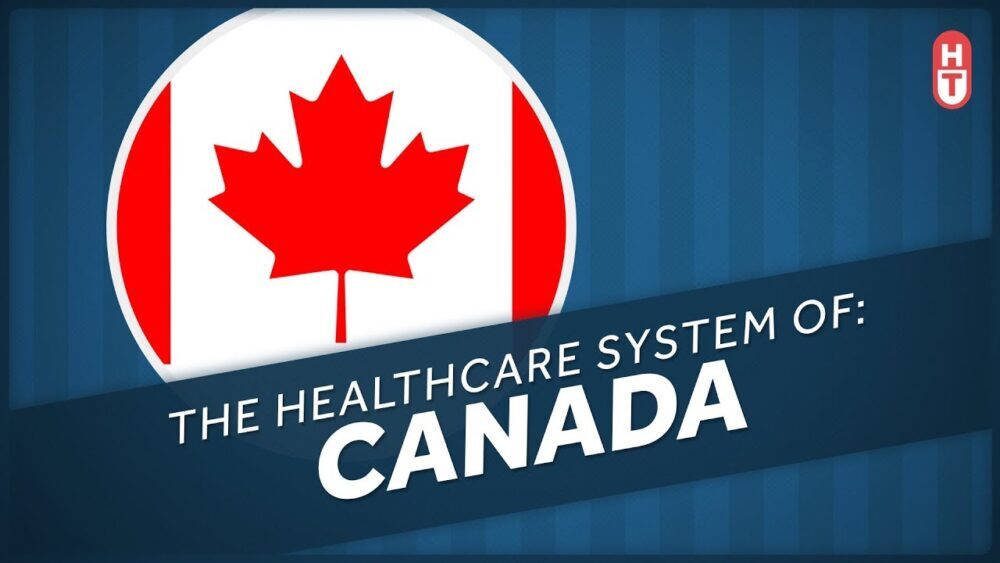- December 14, 2022
- Admin
- 1
Table of Contents
TogglePersonal health insurance
Personal health insurance is a type of insurance plan that provides coverage for medical expenses. These plans are typically purchased by individuals to provide protection for themselves and their families in the event of unexpected medical expenses. Personal health insurance can help to cover the costs of things like doctor’s visits, surgeries, hospital stays, and prescription medications.
It can also provide coverage for preventive care services, such as annual physical exams and immunizations. These plans are designed to supplement existing health care coverage, such as employer-sponsored health insurance or government-funded programs like Medicare or Medicaid.
Personal health insurance typically works by requiring the individual to pay a monthly premium in exchange for coverage. The amount of the premium will depend on a number of factors, such as the individual’s age, health status, and level of coverage they are seeking.
Once the individual has enrolled in a personal health insurance plan, they will typically be required to pay a copayment or coinsurance when they receive medical services. A co-payment is a fixed amount that the individual pays for each medical service, such as a doctor’s visit or a prescription. Coinsurance is a percentage of the total cost of the medical service that the individual is responsible for paying.
Personal Health Insurance - what does it cover?
The specific services and benefits that are covered by personal health insurance can vary depending on the plan. In general, these plans provide coverage for a wide range of medical expenses, including:
- Doctor’s visits and medical consultations: Personal health insurance plans typically provide coverage for routine doctor’s visits and medical consultations with a primary care provider or specialist. This can help to cover the cost of diagnosing and treating medical conditions.
- Hospital stays and surgeries: Personal health insurance plans often provide coverage for hospital stays and surgeries. This can help to cover the cost of inpatient care, as well as the fees associated with surgical procedures.
- Prescription medications: Personal health insurance plans typically provide coverage for prescription medications. This can help to cover the cost of medication prescribed by a doctor to treat a medical condition.
- Diagnostic tests and imaging procedures: Personal health insurance plans often provide coverage for diagnostic tests and imaging procedures, such as X-rays, MRIs, and CT scans. This can help to cover the cost of these services when they are ordered by a doctor to diagnose a medical condition.
- Preventive care services: Personal health insurance plans often provide coverage for preventive care services, such as annual physical exams and immunizations. These services can help to detect and prevent medical conditions before they become more serious.
- Mental health care services: Personal health insurance plans may provide coverage for mental health care services, such as therapy or counselling. This can help to cover the cost of treating mental health conditions.
- Rehabilitation services: Personal health insurance plans may provide coverage for rehabilitation services, such as physical therapy or occupational therapy. This can help to cover the cost of these services when they are prescribed by a doctor to treat a medical condition.
- Home health care services: Personal health insurance plans may provide coverage for home health care services, such as nursing care or home health aide services. This can help to cover the cost of these services when they are needed to help an individual recover from an illness or injury.
Some personal health insurance plans may also provide coverage for alternative forms of medical treatment, such as acupuncture or chiropractic care. It’s important to carefully review the terms of the insurance plan to understand exactly what is and is not covered.
The specific services and benefits that are covered by a personal health insurance plan can vary depending on the plan, so it’s important to carefully review the terms of the insurance plan to understand exactly what is covered.
Insurance is a product that protects you from the costs of unexpected events.
Insurance is a product that protects you from the costs of unexpected events. Insurance is designed to help you recover financially after an event that would otherwise be too expensive to pay for. For example, if your car were to get damaged in a hail storm, it’s likely you wouldn’t have the money on hand to cover the cost of repairs or replacement. That’s where car insurance comes in—it helps protect against unforeseen costs like these.
The same basic concept applies to health insurance: if an unplanned injury or illness occurs and requires treatment, it can be expensive and cause major financial strain on someone who doesn’t have protection against such situations (such as through health insurance). Health insurance will help pay for those unexpected costs so they don’t hit too hard at once.
Health insurance pays for a portion of your health care costs (also known as health benefits) when you get sick or injured.
Health insurance is a type of insurance that pays for a portion of your health care costs when you get sick or injured. Health insurance can be purchased by individuals and families, as well as by groups such as businesses and governmental entities. It is often included with corporate benefits packages as well.
Health insurance covers the person insured and their dependents (i.e., their children) when they are injured or become ill. If you do not have health insurance, you may still be able to pay for certain medical treatments out-of-pocket without incurring any additional financial responsibility—this is called “self-insurance.” However, most people rely on some form of health coverage because it’s more affordable than paying all your medical bills directly every month!
Some insurance plans cover only essential health costs, while others provide broader coverage.
Some plans only cover the essentials, such as doctor visits and medications. Others offer coverage for a wider range of services, like dental care and hospital stays.
However, each plan is different. It’s important to review your health insurance plan benefit summary to see what is covered by your specific plan.
There are three main types of health insurance plans: public, private and supplemental.
There are three main types of health insurance plans. Public insurance is provided through the government and covers all US citizens through Medicare and Medicaid, as well as veterans and military members. Private insurance is provided by private companies that you pay a monthly premium to have coverage in exchange for a deductible and co-payments (if applicable).
Supplemental insurance is a type of private insurance that provides additional coverage to an existing health plan, such as an employer-sponsored plan or COBRA continuation coverage. Examples include dental, vision and behavioural health plans (such as substance abuse treatment).
(Medicare) is available to all Canadian citizens and permanent residents, with additional coverage in some provinces and territories.
Public insurance
Public insurance (Medicare) is available to all Canadian citizens and permanent residents, with additional coverage in some provinces and territories. Medicare is a federal program that provides health insurance coverage to all Canadian citizens and permanent residents; it’s funded by the federal government but administered by the provinces and territories.
Medicare covers prescription drugs, home care, long-term care and certain other services not covered under provincial or territorial health plans—but again, it’s only available to citizens or permanent residents who have met any specific residency requirements that apply in their region.
Private insurance helps cover items not paid for by public plans, prescription drugs, dental care and more.
Private insurance helps cover items not paid for by public plans, prescription drugs, dental care and more. If you have private health insurance you should be able to get your prescriptions filled at any pharmacy in Canada. You can also visit any dentist or specialist in Canada.
Private plans are available to all Canadians. Your employer may offer a plan as part of your benefits package and many large companies offer a choice of plans to their employees (you may also be able to join an employee association that offers group coverage). Plans are also available through associations such as the Canadian Life and Health Insurance Association (CLHIA).
Some private plans only pay for essential health costs such as hospital visits and doctor visits while others provide broader coverage that includes vision care or dental care
Health insurance helps pay for your health care costs when you get sick or hurt.
Health insurance is a contract between you and an insurance company. It helps pay for your health care costs when you get sick or hurt, as well as covering other costs like prescription drugs and dental care. Health insurance is not a substitute for health care; it’s more like a supplement that helps pay for expenses you would otherwise be responsible for out-of-pocket.
Health insurance can cover:
- Doctor’s office visits
- Prescription medications
- Emergency room visits (ER)
Conclusion
As you can see, health insurance is meant to protect you from unexpected health care costs. If you’re worried about whether or not you should get it, then the best thing to do would be to talk with your doctor or financial advisor. They will be able to help guide you through all of the options available in your area and find one that works best for your needs!








